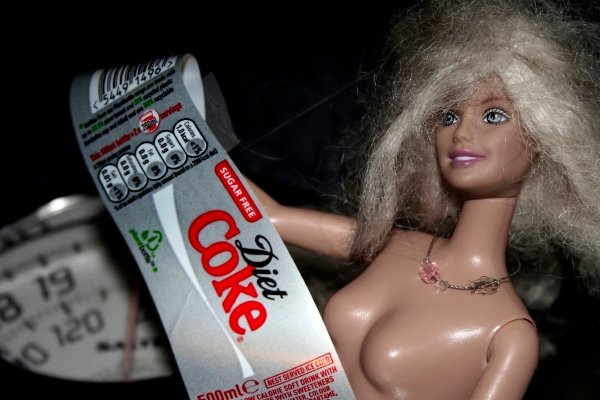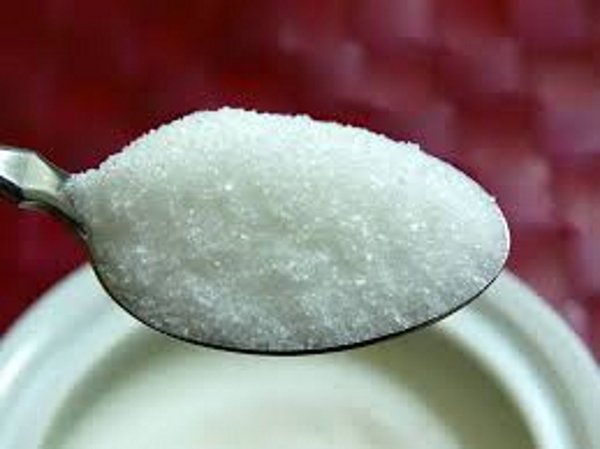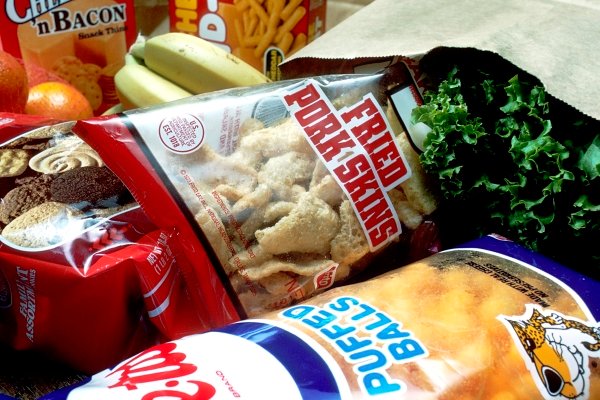Avoiding The 5 Most Common Weight Loss Mistakes
The Battle of the Bulge is not just the name of a famous WWII battle between the Allied and Axis powers, it’s also the name of a battle that many wage daily – the battle to lose weight. For many it’s an ongoing battle with no clear victory in sight. Yet others have managed to do quite well.
How do they do it?
For starters, they avoid some of the common mistakes that people make when they try to lose weight. Just by knowing and avoiding these things, it makes winning the Battle of the Bulge much more doable. Losing weight is never easy, mind you, but doable with the right strategy. One of the main keys to remember is that it has to be a long-term commitment and not something you do for a little while and then go back to the bad habits that caused the weight gain in the first place.

The following are five of the most common weight loss mistakes people make. Avoid them and you will be doing better than many.
1. Expecting Quick Results
Think of losing weight in terms of a marathon instead of a sprint. It requires a long-term commitment. In fact, the way you view your weight loss matters, too. Instead of thinking of it as “dieting” or “losing weight,” it’s best to think of it in terms of “lifestyle changes.” Because that’s the best long-term strategy you can take in actually keeping the weight off once you lose it. You have to make some changes in your diet, and then you have to make them permanent.
The results won’t happen quickly. One strategy that some people do is to make one small adjustment to their eating habits once every few weeks. This gives them time to get used to the change so that it doesn’t feel like such a shock to the system. A person might give up soft drinks one week, for example. A few weeks later that same person might go the next step and completely eliminate all sugar from her diet.

2. Drinking Too Many Calories
Nearly all of the calories you consume should come from the food you eat, and not from your beverages. It’s almost shocking how many calories some drinks have – especially alcoholic beverages. A 10 oz margarita, for example, contains 550 calories. A 9 oz Mai Tai contains 520 calories. You can see how easy it is to gain weight this way. The majority of the liquids you consume should be water.

3. Eating Too Many Processed Foods
Processed foods have notoriously poor nutritional value. These “foods” contain ingredients that were probably food at some point, but are now more closely related to science experiments than the stuff that grows in gardens. Think about it for a moment. Do you really want to eat something that was created in a lab, or would you prefer something that was made from a recipe in a kitchen? Read the label on all processed food packages before you buy. Do you recognize any of the “ingredients?” Or do they sound like they came out of Dr. Frankenstein’s lab? As a general rule of thumb, try to avoid foods with chemical-y sounding ingredients.

4. Eating “Fat Free” Foods
A lot of foods are marketed as being better for us because they are either “fat free” or “low fat.” But the absence of fat doesn’t necessarily make them good for us. In fact, these foods can actually contribute to weight gain!
How can that be? Doesn’t eating fat make you fat?
There was once a time when it was believed that eating fat made you fat. We now know that isn’t necessarily the case. In fact, consuming fat (like the fat in whole milk) can increase the feeling of satiety (feeling full). And when you feel full, you tend to eat less overall. This of course helps you to lose weight.
Another thing to consider with fat free foods is that when you take the fat out of some foods, they end up tasting terrible. Many processed foods manufacturers try to make fat free foods taste better by adding more sugar to them. And that just defeats the whole purpose of going fat free in the first place.

5. Ignoring the Signals Your Body Sends
Our bodies are amazingly complex machines. Did you know that our bodies talk to us? It’s true. Our bodies send signals to us all the time. They let us know when to eat (hunger) and they let us know when to stop eating (feeling full). Too often people ignore what their bodies are telling them and eat when they aren’t hungry (snacking) or continue to eat when they feel full (desiring to finish everything on the plate).
On the flip side, some dieters don’t eat when their bodies tell them they are hungry. This sometimes results in eating too much when they finally getting around to eating. Without thinking, they tend to compensate for fasting by eating too much.
You can control feeling hungry throughout the day by eating small meals with very light snacks in between of healthy fruits and vegetables.
